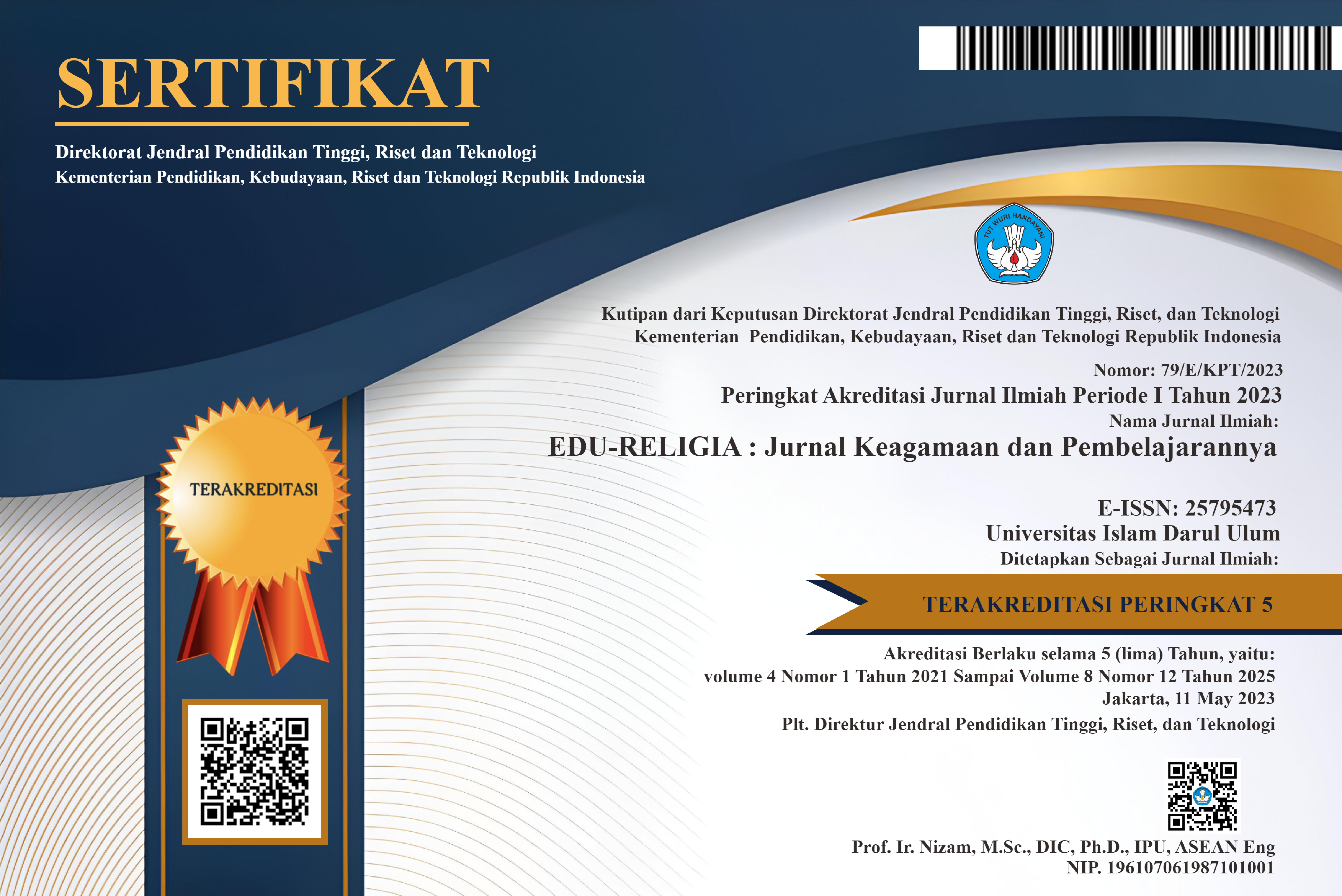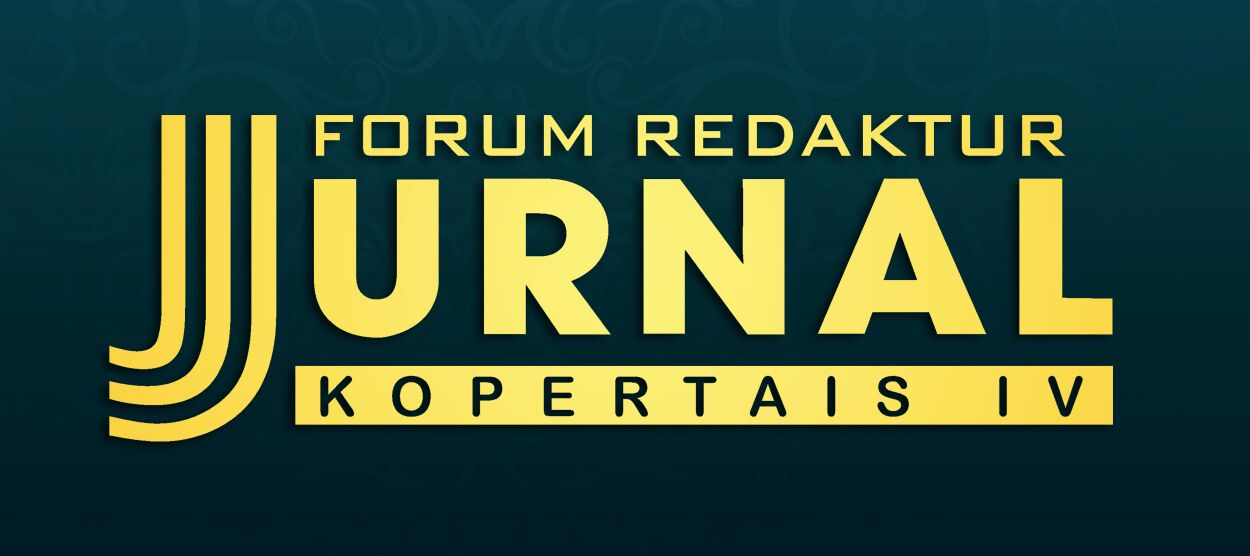Values of Character Education in The Javanese-Islamic Tradition: Tingkeban
Abstract
The process of Islamization in Java is carried out in a peaceful and creative way so that it can touch all levels of society. The spread of Islam is done by inserting Islamic values into the traditions of society. People's habits seem to be a tradition that must be carried out in order to bring good things in the continuation of life. One of the traditions carried out by the Javanese people, contains Islamic values, namely the seven monthly ceremony or familiarly called tingkepan/tingkeban, in general, it means salvation which is held by a pregnant person to pray for the future child he is carrying so that the birth process is safe and becomes a pious child. and sholihah. In practice, pregnant women who hold tingkeban events have to perform several rituals and prepare many dishes in the form of food, all of which have symbolic meaning. The tingkeban ritual has educational values both from a historical and social point of view, one of which is character education. The values of character education in the Islamic-Javanese tingkeban tradition come from universal noble values, namely the character of love for God and all of His creation, independence and responsibility, mutual cooperation and generosity as well as the characters of tolerance, peace and unity.
Downloads

This work is licensed under a Creative Commons Attribution-ShareAlike 4.0 International License.








